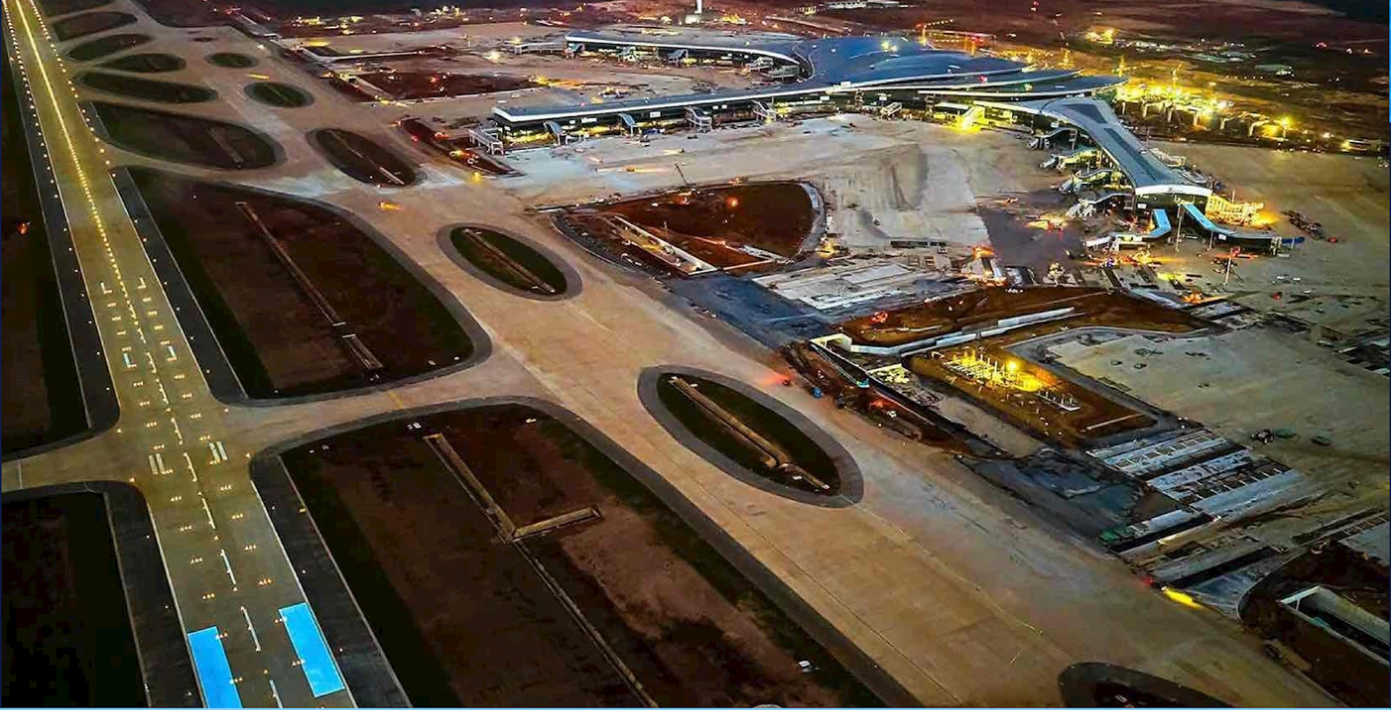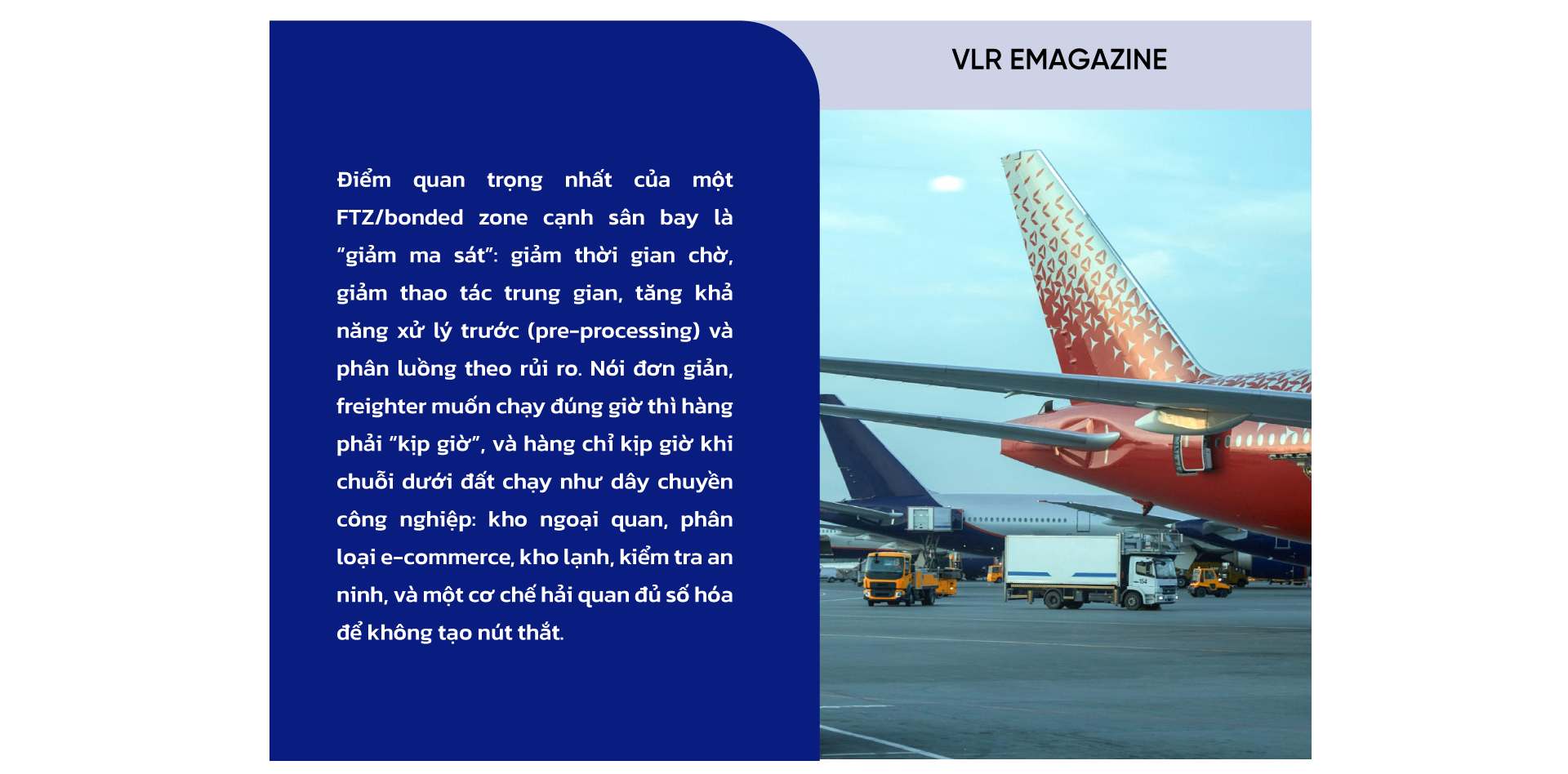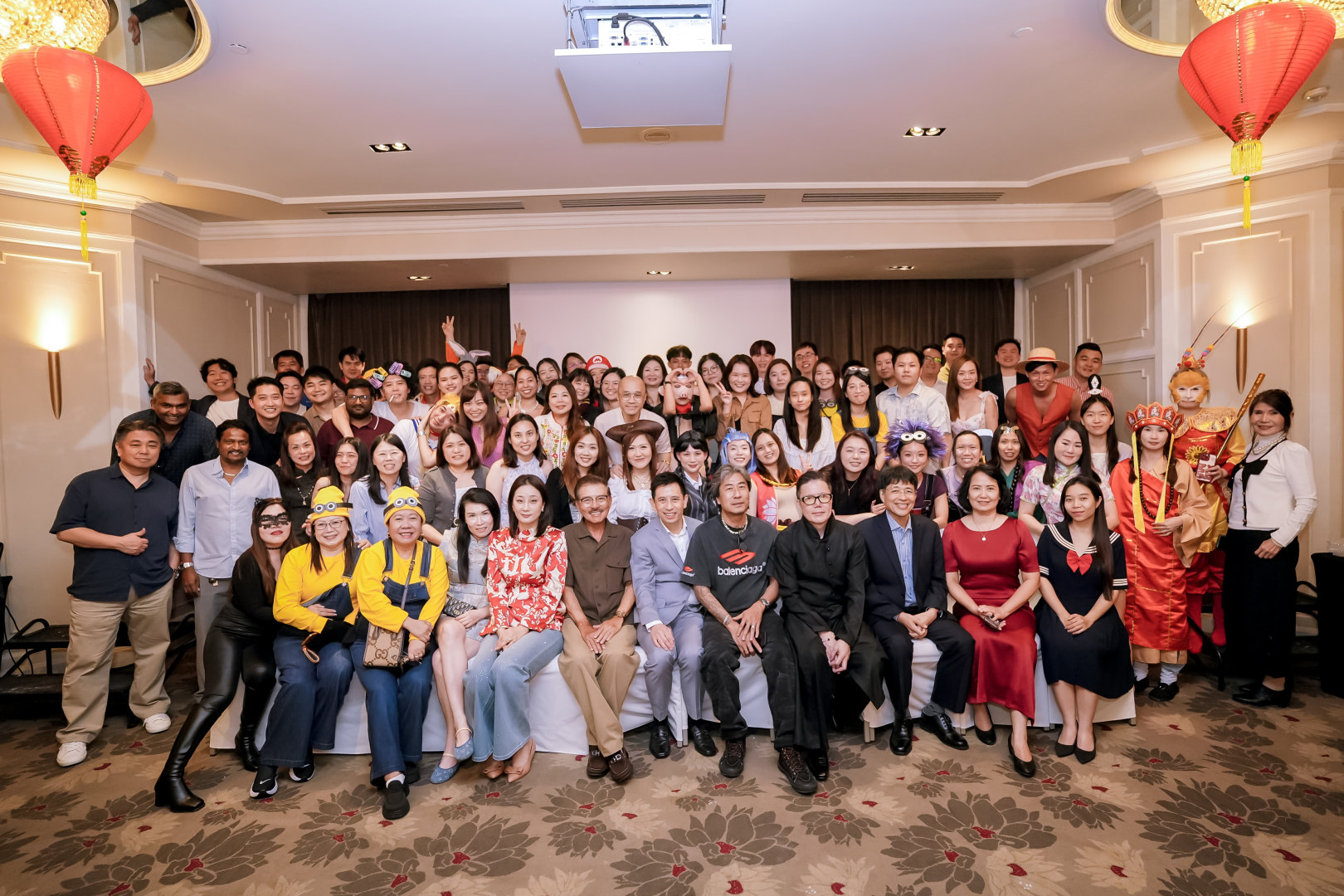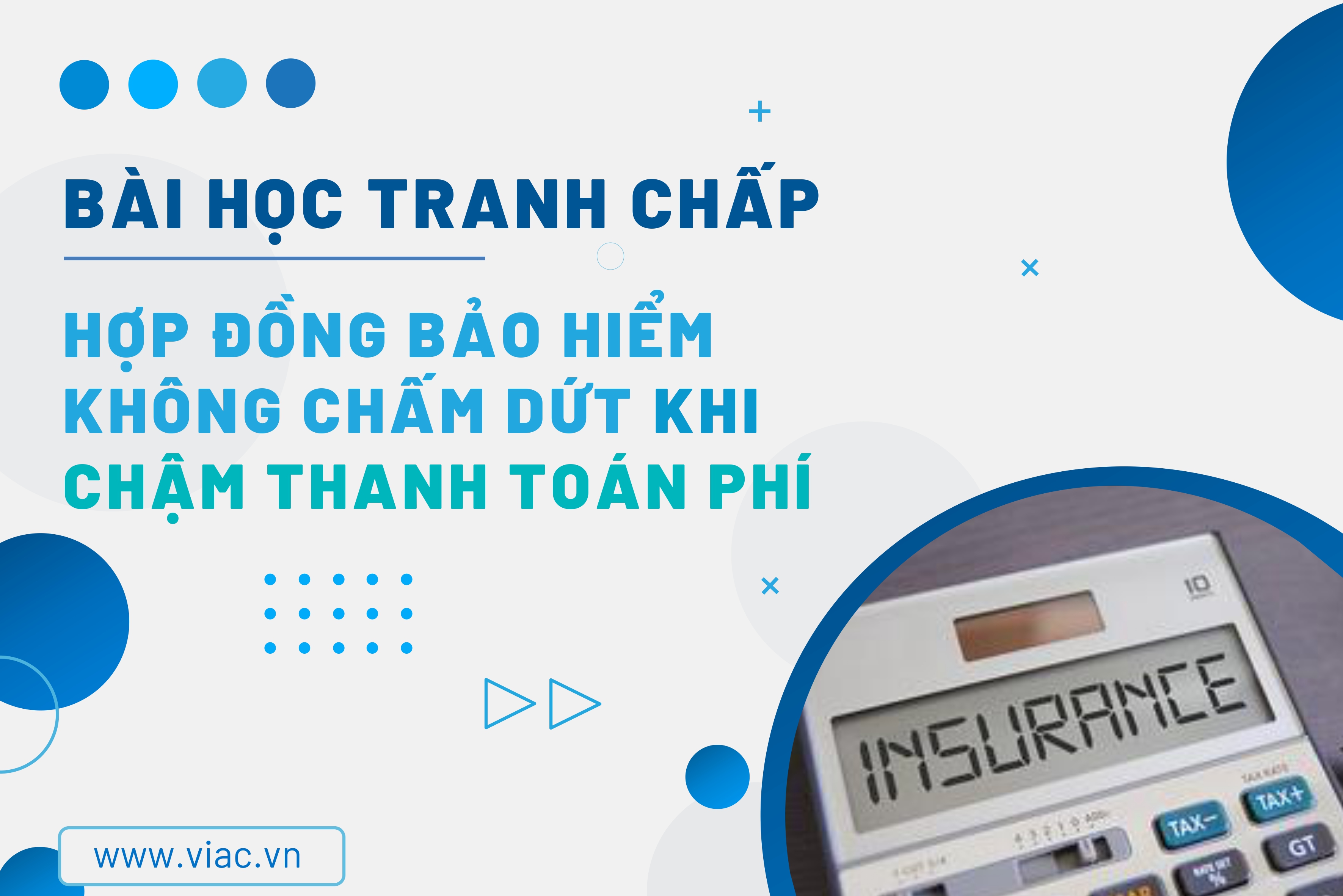Department of Transport proposes to reduce 50% of seaport infrastructure fees for goods transported by waterway; the same level of revenue for enterprises in the city and localities.
The proposal is mentioned in the dispatch of the Department of Transport to the People's Committee of Ho Chi Minh City, to submit to the City Council to adjust some seaport infrastructure fees in the area, after two months of implementation. The move comes after Deputy Prime Minister Le Minh Khai worked with the city and relevant ministries.
The 50% reduction in fees for import and export goods carried by waterway is aimed at encouraging businesses to reduce road use, contributing to limiting congestion and accidents. Currently, the transportation of goods by waterway is assessed as low cost, each time carrying a lot, but the market share is only about 20%, the rest is mainly via road to the ports.

In addition, the Department of Transport proposed the city consider reducing the amount of revenue for businesses in the provinces equal to organizations and individuals in the city. This is also to support businesses to recover production and business after the epidemic.
Previously, due to the volume of goods passing through Ho Chi Minh City's seaport, 60% came from other localities, so the city charged a higher fee for imported and exported goods to open declarations from other provinces. The purpose is to regulate goods through other seaports in Dong Nai, Binh Duong, Long An... However, after more than two months of collecting fees, other provincial enterprises still choose seaports in Ho Chi Minh City to import and export cargoes.
Ho Chi Minh City collected port infrastructure fees from the beginning of April, after two delays of the plan. The fee collection process is implemented electronically, not using cash. However, after the implementation period, many businesses and associations reacted because they thought that there was discrimination, this fee added a burden to them, especially after the pandemic.
Currently, the lowest fee is 15,000 VND for each ton of goods not packed in containers (import and export goods are declared in Ho Chi Minh City); the highest is 4.4 million VND per 40-foot container (temporary import for re-export, bonded warehouse, border-gate transfer). Free cases include imported goods serving security, national defense, social security, overcoming natural disasters, disasters and epidemics.
By 2025, the port infrastructure fee is expected to reach 16,000 billion VND. After deducting a part to the toll collector, the entire revenue will be invested in works around the port. This is part of a plan to supplement investment in routes connecting ports that have been delayed for many years due to lack of resources.









